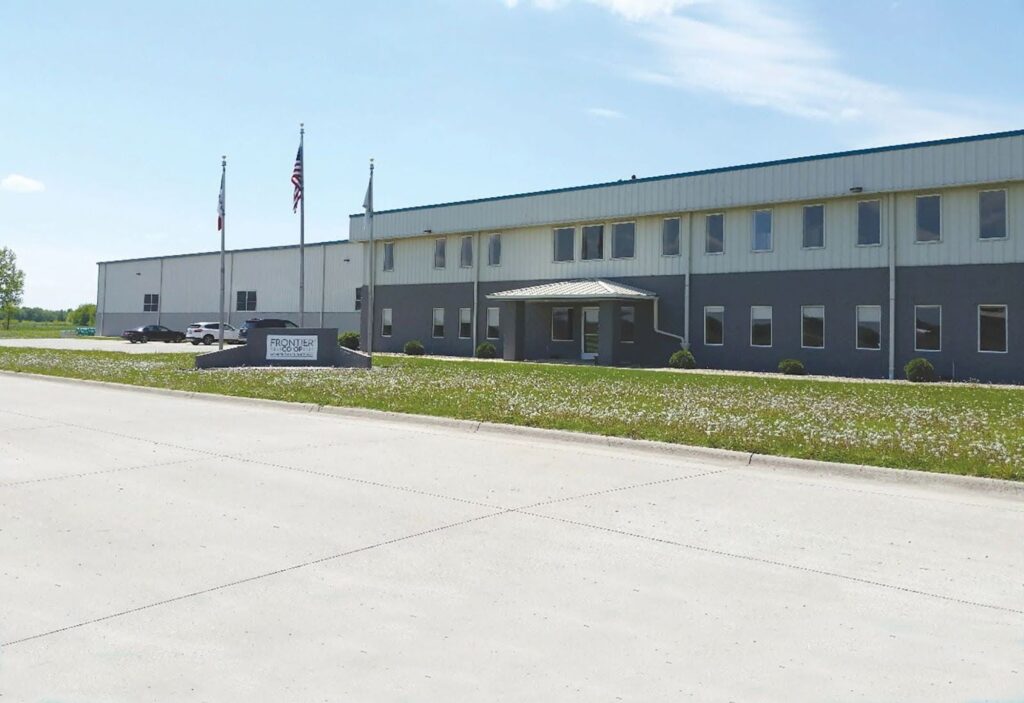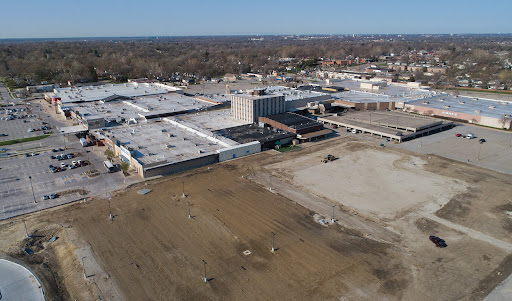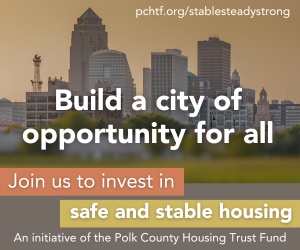Economic threats in 2024
Business leaders share what could hold industries idle in the next 12 months

Despite what appear to be strong economic indicators, Business Record readers see some economic uncertainty and headwinds facing their industries in 2024.
As part of our annual economic outlook survey, we asked readers to:
Briefly explain what you believe the biggest threat to Iowa’s economy will be in the next year.
We have an opportunity to further strengthen ties between rural, suburban and urban communities, and share the stories of success happening across our 11-county region.
Tiffany Tauscheck, Greater Des Moines Partnership,
president and CEO
A Legislature focused on divisive political issues drives away talent. Bans on medical care will make valuable workers less likely to want to come to Iowa. We need responsible leadership that can attract all kinds of talent.
Matthew McIver, Mclver Communications, founder
I feel the limited workforce will continue to hold Iowa back.
Jeff Naig, FORVIS, managing partner
Population growth: Political polarization is exhausting, and the current rhetoric is damaging. Iowa needs to be inclusive and welcoming. We need population growth to maintain an economic, competitive advantage, which is the key to being a thriving state that is competing with states that have mountains, beaches or highly sought-after cultural elements. We are competitive on job opportunities, housing costs, education and quality of life; we just need to be a welcoming place.
Grant Taylor, Hansen Co., vice president
Iowa’s flat income tax, which benefits high-income earners, does not provide fair taxation for low-income earners and will continue to expand the economic divide between the “haves” and the “have-nots.” In addition, turning away federal poverty support program funding hurts our workforce. Further expansion of poverty will become a greater drag on our economy as frontline workers move to more supportive states.
Michelle Book, Food Bank of Iowa, CEO
Lack of products and higher prices due to the supply chain issues, specifically as they occur in the global shipping industry. This will negatively impact consumer spending.
Rita Perea, Rita Perea Leadership Consulting, CEO
Community/regional banking difficulties in their existing loan portfolios will meaningly prevent loan expansion in otherwise healthy or viable businesses/development.
Eric Lohmeier, NCP Inc., president
Risk aversion. Now is a time for increased innovation and to set and execute strategies to create an evolved vision for our community.
Joseph Benesh, The Ingenuity Co., president and CEO
A weakened consumer. The consumer has remained resilient during and post-pandemic, and overall consumer financial health is decent, but younger and less affluent households are beginning to show signs of financial stress as more and more of the savings that was built up during the pandemic are spent. Consumer demand is gradually easing following a surprisingly strong 2023. In 2024, capital spending could be challenged somewhat as businesses react to higher interest costs and slightly slowing revenue growth from a more muted growth in consumer spending.
Troy Anderson, Captrust, vice president and financial adviser
Election years can make confidence in the economy tricky. If there’s a threat to be expected, it’s dealing with uncertainty around a potential change in leadership.
Cory W. Sharp, FEH Design, principal architect
Iowa is often insulated. For us as a company, it will be the tight budgets our clients face. Our costs for products, services and wages will not decrease. Therefore, our clients will not travel in groups, or find alternatives to their transportation needs.
Kim Grzywacz, CIT Signature Transportation, sales director
It’s always the unforeseen that poses real risk. If U.S.-China relations worsen such that import-export goes into a downturn that would hurt many including farmers.
Kent Kramer, Foster Group, chief investment officer
Another dismal legislative session of damaging legislation will further erode Iowa’s ability to attract and retain the very talent we need to ensure our businesses and communities remain vibrant.
Christine Irvine, Oakridge Neighborhood, vice president of communications
The economy may improve, but Iowa’s residents will still feel the stress and pressure from lack of access to child care and elderly caregiving supports and wages that aren’t keeping up with increasing prices.
Jackie Norris, Horizon Group, president, and Des Moines School Board chair
Iowa has turned away millions of dollars that would have supported a reduction in poverty, food insecurity and support for those with mental illness or substance use disorders.
Melissa Vine, The Beacon, executive director
World instability. Wars in [the] Middle East and Ukraine would call all bets off.
Ken Clark, VIA Group LLC, CEO
Kim Reynolds’ economic policies are bad for Iowa’s future revenue. Additionally, national immigration policies that deny work visas for much-needed workers is a threat for Iowa’s agricultural sector.
Anna Mason, Anna Mason Consulting, owner
Continued higher interest rates and inflationary pressures are the threat. The Federal Reserve has indicated it will take longer to reach its goals. This slows economic growth.
Keith Gredys, The Kidder Co., CEO and president
Macroeconomic instability – the kind that no individual or business can plan for or control. Absent that, Iowa and Iowans will find success in 2024.
Chris Sackett, BrownWinick Law Firm, partner
Uncertainty at the federal level, whether it’s interest rate changes, fluctuating fuel prices, gridlock in D.C., or a general sense of unease about the political landscape will negatively impact the economy down to the city level.
Jessica Dunker, Iowa Restaurant Association, president and CEO
Inadequate policymaking and excessive governmental intervention. Let the free market thrive.
Jim Green, Mercer, principal and client lead
The governor and legislative leadership have taken significant steps to improve Iowa’s tax climate, eliminating an obstacle to growth. We continue to be challenged by a lack of available workforce and by the cost and availability of housing.
John Sorensen, Iowa Bankers Association, president and CEO
If a serious recession does indeed hit, it could lower sales and disrupt employment. However, at this point, I do not expect a serious recession.
Mike Ralston, Iowa Association of Business and Industry, president
Continuation of the four-year drought could reduce crop yields and adversely impact Iowa’s economy.
Jeff Rose, American Bank & Trust, president and CEO

Mike Mendenhall
Mike Mendenhall is associate editor at Business Record. He covers economic development, government policy and law.










